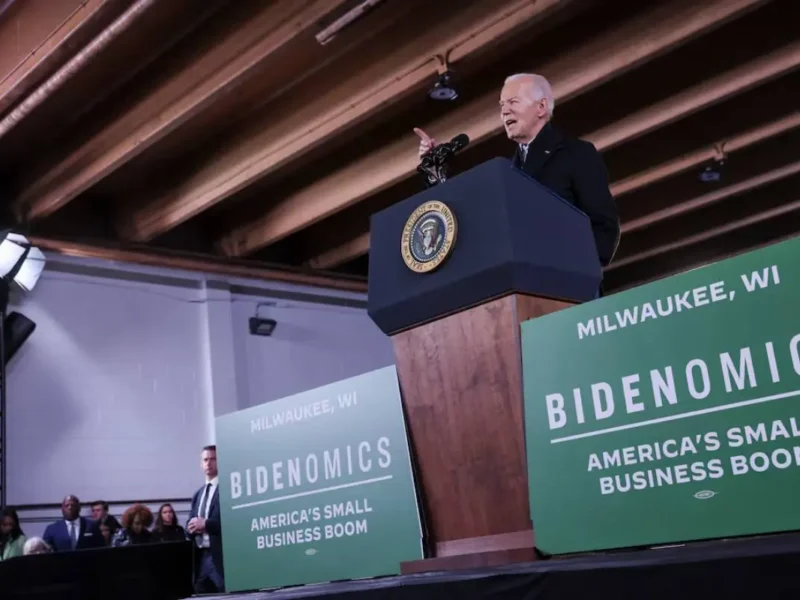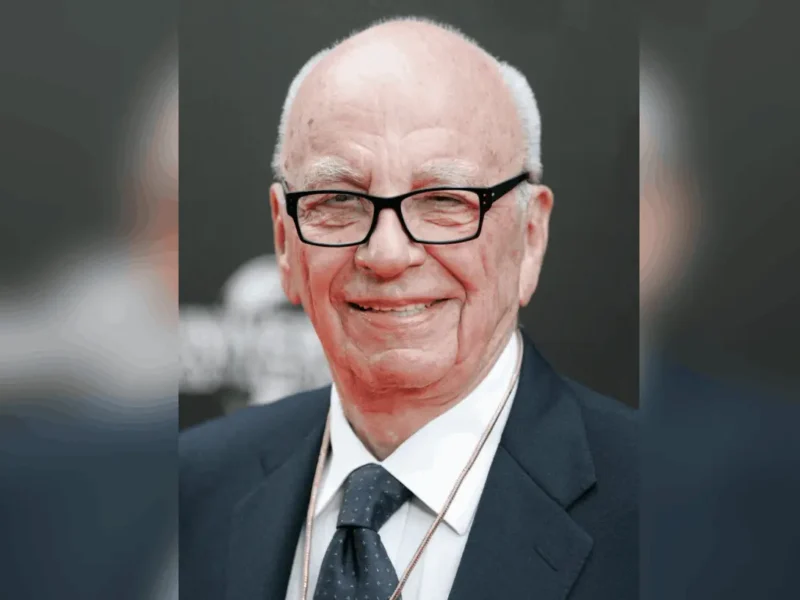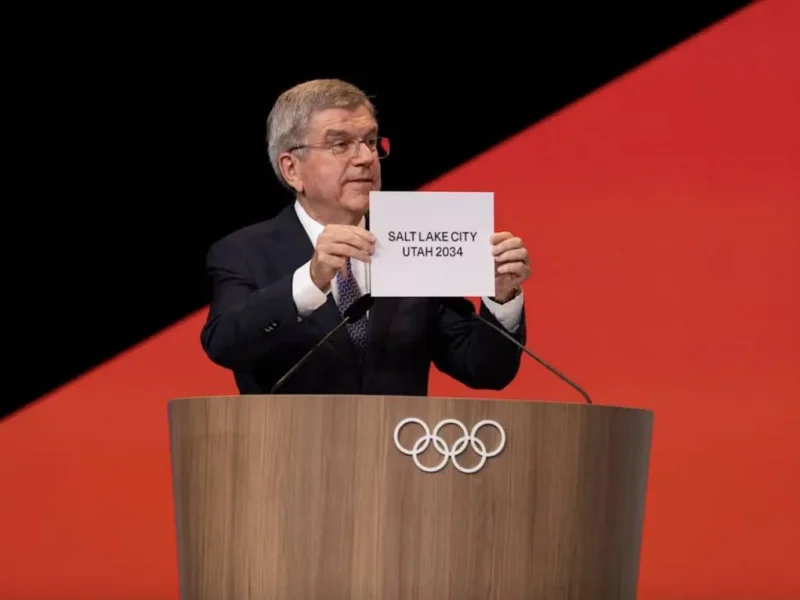
Oppenheimer Urged Nehru To Bar Thorium Exports To US
WASHINGTON, DC (IANS) – J. Robert Oppenheimer, the American physicist called the “father of the atom bomb”, had tried, and failed to prevent then-Indian Prime Minister Jawaharlal Nehru from supplying the US with material — especially thorium — needed for a bomb far deadlier than his creation. Oppenheimer’s appeal was conveyed in a phone call to the then Indian Ambassador to the US, Vijaya Lakshmi Pandit, who reported it to her brother, Prime Minister Nehru, in a letter dated February 10, 1951, reproduced in a 2014 book by her daughter Nayantara Sahgal. It came amidst intense negotiations between the two countries over an Indian request for emergency food grains assistance that Pandit had conveyed to the Harry S. Truman administration just weeks before in December. According to the Emergency Food Aid Ac signed by Truman in June 1951, India was promised 2 million tons of food grains but among the conditions attached was the continued supplies of “strategic materials”, which, a declassified “top secret” memo of the State Department from the time, said included “beryl, manganese, mica, and kyanite — and initial shipments, heretofore prohibited, of monazite”. Monazite, a brown crystalline mineral consisting of a phosphate of cerium, lanthanum, other rare earth elements, and thorium, is found in abundance in India. A contract was drawn up later in the year “to cover shipment from India of 500 tons of monazite concentrate”. Oppenheimer’s plea with Nehru was specifically about thorium. “Oppenheimer wants you (Nehru) to know that work of a most ‘horrible and deadly nature’ is being done on the atom bomb, that step by step America is ‘deliberately’ moving towards a war of annihilation,” Pandit had written in the letter to Nehru, according to Sahgal’s book. “The recent promises given by Truman and Attlee regarding the atom have resulted in research for a weapon of the same deadly quality which will be kept secret and used INSTEAD of the atom. For this purpose, more and more thorium is required and the US desires to stockpile all available thorium. “Oppenheimer has reason to believe an approach will be made very soon very soon to India directly and through Britain. In fact, he believes that one reason why the Indian request for wheat has been so readily sponsored by the State Department is because of what they themselves require from India. The argument used for obtaining thorium will be that it is needed for humanitarian purposes. According to Oppenheimer, no such purpose can at present be achieved. “Oppenheimer begs the government of India not to sell any thorium to the US voluntarily or through pressure,” the letter says. Declassified US State Department papers from the time — ranging in confidentiality from “SECRET” to “TOP SECRET” — show Nehru and his government tried very hard to keep this mineral, called “strategic materials”, off the table, especially those that could be used to produce a nuclear bomb. But they were thwarted by a mix of worsening food crisis at home and an adamant US government and Congress, which had to clear it. In a telegram to the state department marked “SECRET”, the then US Ambassador to India, Loy Wesley Henderson wrote, “Saw Bajpai (Girijia Shankar Bajpai, the top civil servant in the Foreign Ministry as Secretary General). this morning (at) my request. Told him I had considered information he gave me yesterday afternoon (May 7) and had become concerned lest inclusion by Nehru in his coming statement (in parliament) of reference to GOI (government of India) unwillingness (to) furnish materials relating to manufacture atomic weapons might not be regarded as uncalled-for criticism US atomic weapon policies. I said I hoped that (the) Prime Minister could be induced drop this reference.” Bajpai told the US Ambassador, according to the Henderson memo, “decision (taken by) Prime Minister in consultation with members (of) Cabinet and apparently Cabinet felt more strongly on this point than any other”. Yet the Nehru government went with it and allowed the export of these “strategic materials”, including, for the first time, monazite, the thorium-laden mineral. Oppenheimer’s contacts with India, clearly, go much further than his two recitations of a line from Bhagavad Gita in Christopher Nolan’s “Oppenheimer.” Exonerated for his loyalty to the country but deprived of his security clearance, Oppenheimer was offered citizenship by Nehru in 1952, according to many published accounts. But he did not take it, displaying perhaps the same independent spirit.




